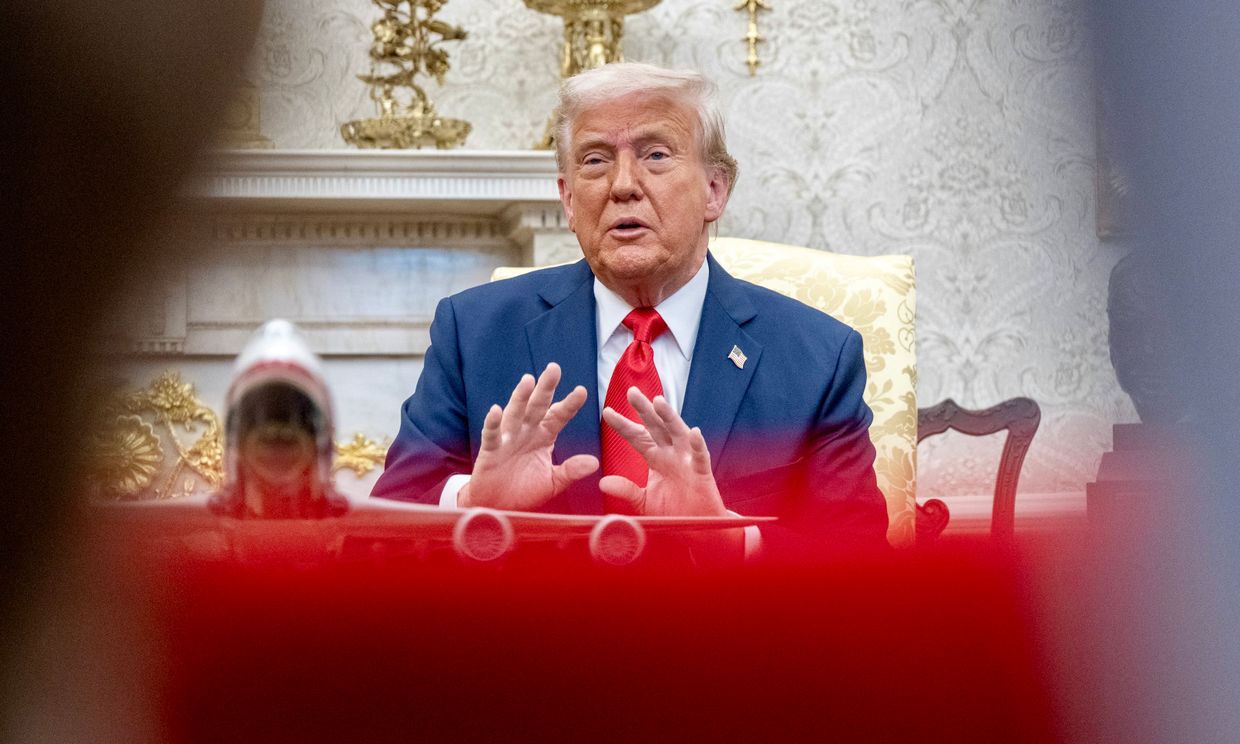White House reportedly seeks to defund NATO, UN in State Department cuts

U.S. President Donald Trump's White House is proposing dramatic cuts to the U.S. State Department's budget, including halting nearly all of the department's funding to NATO, the U.N., and over 20 other international organizations, the Washington Post reported on April 14, citing an internal draft document.
The proposed cuts for the next fiscal year would reportedly leave $28.4 billion for all State Department activities, a 48% reduction from the 2025 budget approved by Congress.
The plan would preserve only minimal support for a handful of agencies, such as the International Atomic Energy Agency and the International Civil Aviation Organization.
According to Politico, funding for "contributions to international organizations," presumably including U.N. institutions, would be slashed from $1.5 billion to $169 million.
Although the proposal would require congressional approval, the cuts align with broader White House efforts to slash federal spending.
On March 10, the Trump administration announced the termination of 83% of the foreign aid contracts of the U.S. Agency for International Development (USAID).
The cuts have broad implications for humanitarian efforts, particularly in Ukraine, where USAID has provided $2.6 billion in humanitarian aid, $5 billion in development assistance, and over $30 billion in direct budget support since Russia's full-scale invasion began.
Trump has long expressed hostility toward NATO, repeatedly accusing European allies of underfunding the alliance and threatening to allow Russia to attack non-compliant members.
The proposal to eliminate NATO funding appears to escalate that stance into formal policy.
Before being appointed under Trump, Secretary of State Marco Rubio had consistently defended NATO. In 2023, Rubio co-sponsored bipartisan legislation requiring congressional approval before any president could unilaterally withdraw the U.S. from the alliance.
Some members of Trump's circle, including billionaire and advisor Elon Musk, called for the U.S. to exit NATO, and the U.S. is broadly expected to withdraw some troops from the alliance's eastern flank.
As Europe faces growing Russian aggression and war rages in Ukraine, the proposed withdrawal of U.S. support for NATO and the U.N. could drastically reshape the West's security architecture and strain Washington's credibility as a global leader.












